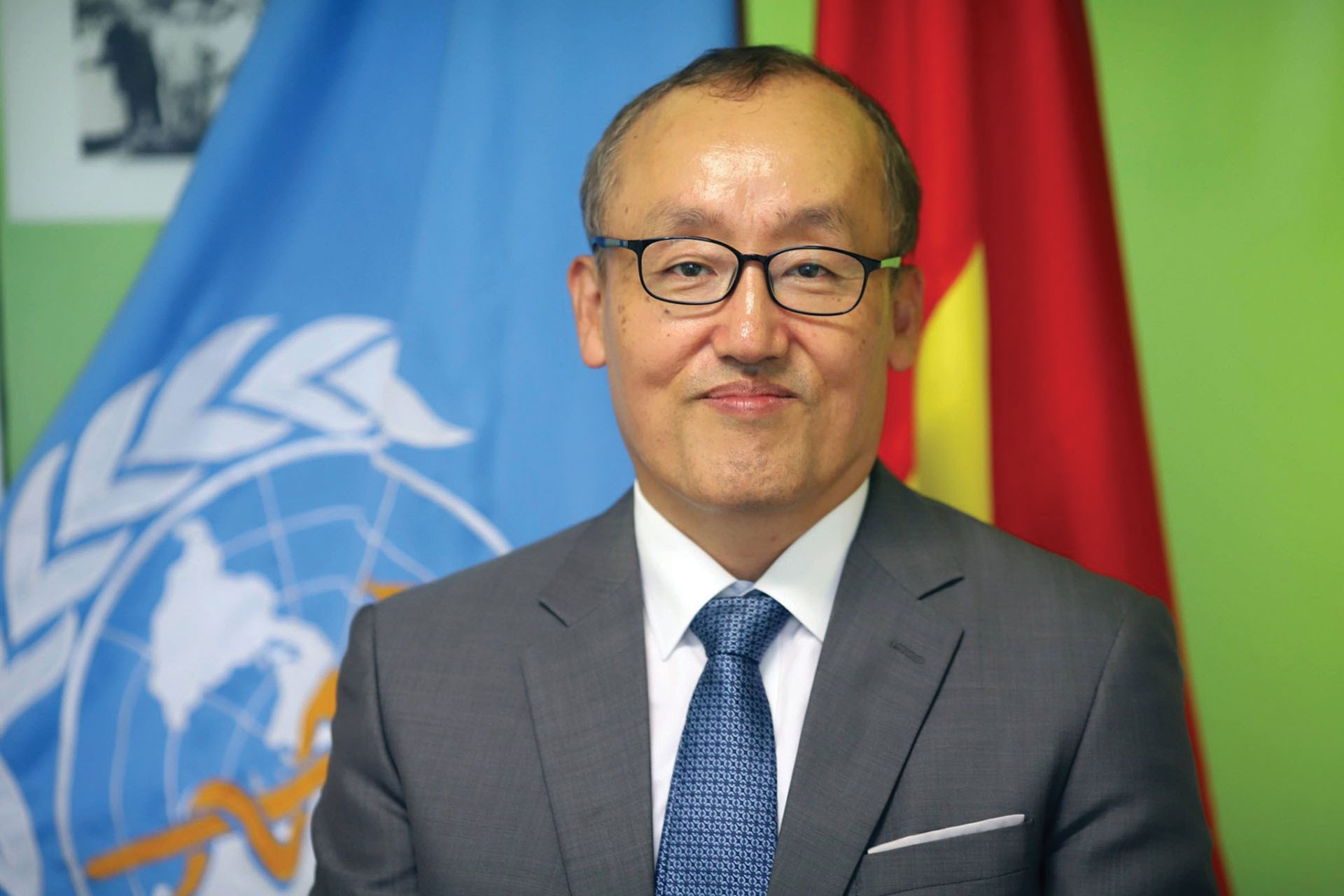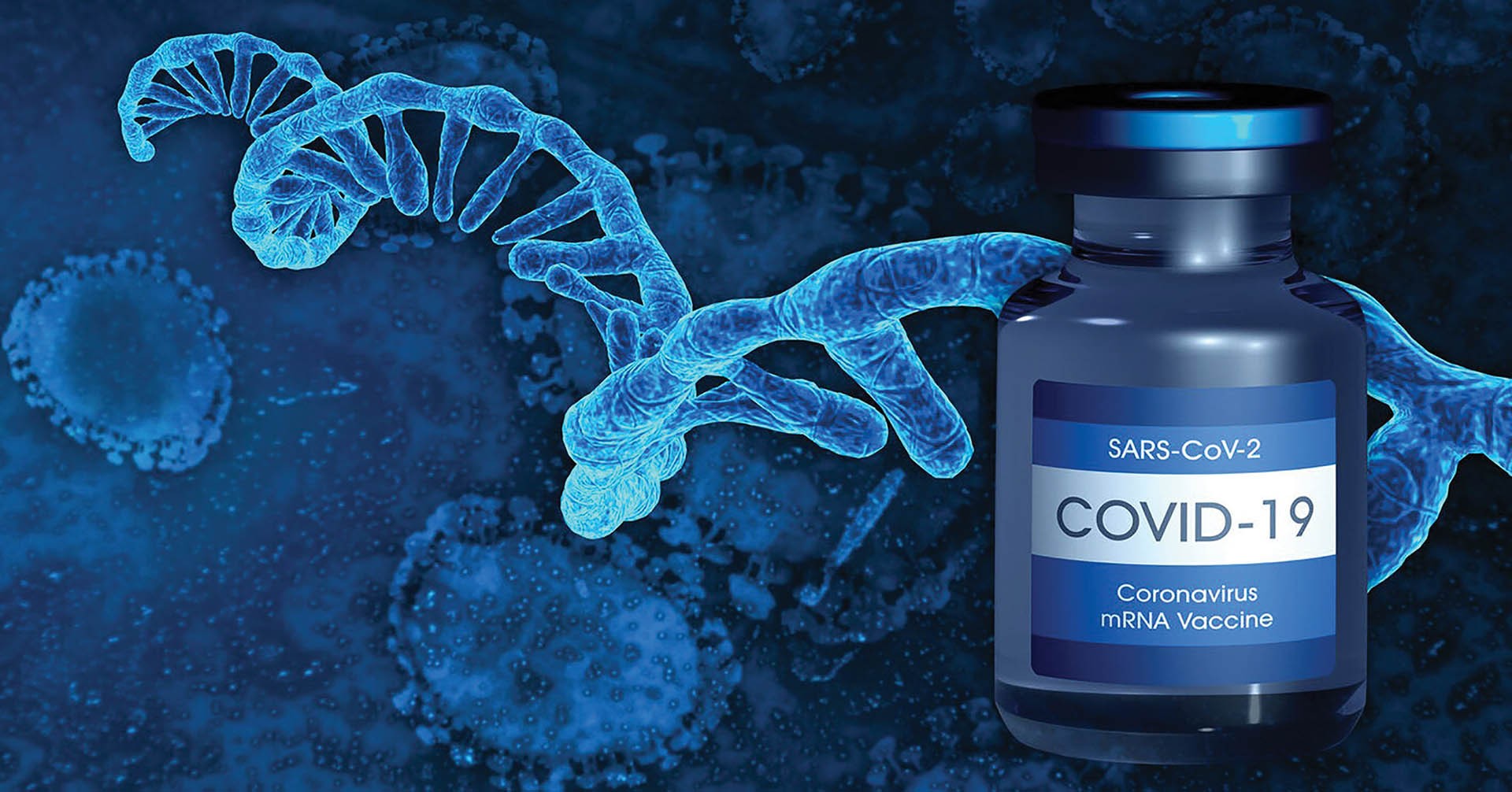
Viet Nam likely move to the production stage of mRNA vaccine quickly: WHO Representative
Latest
 |
| Dr. Kidong Park, WHO Representative in Viet Nam. (Source: WHO) |
Viet Nam, Bangladesh, Indonesia, Pakistan and Serbia will receive mRNA vaccine technology transfer from a global biomanufacturing training hub in South Africa, WHO said in a press conference on February 23.
Talking with The World & Vietnam Report, Dr. Kidong Park, WHO Representative in Viet Nam, shared his view on the meaning and his expectations for the process of Viet Nam receiving mRNA vaccine technology.
Could you share the immediate and long-term significance of Viet Nam being one of five countries to receive mRNA vaccine technology transfer?
The objective of WHO’s mRNA vaccine technology transfer initiative is to build capacity in low- and middle-income countries to produce mRNA vaccines through a centre of excellence and training.
In July 2021, WHO designated the South African consortium as a technology transfer hub, which established mRNA vaccine production technology.
To date, WHO has announced 11 countries as manufacturing spokes including Bangladesh, Egypt, Indonesia, Kenya, Nigeria, Senegal, South Africa,Pakistan, Serbia, Tunisia and Viet Nam
Specialized training will be provided to a vaccine company in Viet Nam through the training center at the hub and by WHO, so that Viet Nam can start producing safe and effective vaccines at scale and according to WHO Good Manufacturing Practices as soon as possible.
The mRNA vaccine doses will help Viet Nam and other countries address the global vaccine shortage. Through the initiative, Viet Nam will contribute to the global effort in reducing inequalities in access to vaccines and vaccine security.
The mRNA technology has a lot of potential to be utilized for other vaccines even beyond. Viet Nam may also develop its biotechnology capacity further using this technology transfer as leverage.
 |
| mRNA vaccine technology is an advanced technology to produce safe and highly effective vaccines such as Moderna and Pfizer against COVID-19. (Source: PAHO) |
| “Although Viet Nam is a developing country, we have had a lot of experience in vaccine development over the past decades. Our National Regulatory Authority (NRA) has also been recognised by WHO. We believe that in participating in this initiative, Viet Nam will be able to produce the mRNA vaccine in large scale, not only for domestic consumption but also for other countries in the region and the world, contributing to reducing inequalities in access to vaccines", said Nguyen Thanh Long, Vietnamese Minister of Health in a virtual address. |
In your opinion, why was Viet Nam selected to receive this technology?
With the support of an expert group, WHO reviewed applications from many countries and selected 11 countries including Viet Nam. This demonstrates that Viet Nam already has a good capacity to absorb the mRNA vaccine technology.
The Government of Viet Nam is also committed to building national capacity for vaccine manufacturing.
With Viet Nam’s capacity and commitment, along with targeted training from the technology transfer initiative, Viet Nam will be able to move to the production stage relatively quickly.
In the process of transferring mRNA vaccine technology, what difficulties and challenges may Viet Nam face? What does Viet Nam need to do to make the transfer successful and make the most of this opportunity?
There are two critical factors that Viet Nam needs to consider.
Firstly, building sustainable manufacturing capacity at scale according to WHO Good Manufacturing Practices.
Secondly, strengthening the capacity of vaccine regulatory authority to evaluate the quality of the vaccine and monitor vaccine effectiveness in the real world (post-marketing pharmacovigilance).
These require long-term investment and high commitment from both Government and vaccine manufacturers.
What are your expectations for this process?
The COVID-19 vaccines which will be produced in Viet Nam using the technology transferred through this initiative will meet vaccine needs for domestic consumption and also for other countries in the region and the world, contributing to reducing inequalities in access to vaccines.
Viet Nam may wish to go one step further in this initiative, towards Viet Nam becoming an mRNA technology transfer hub in the region.
| The mRNA technology transfer hub was established in Cape Town, South Africa on June 2021 according to the WHO initiative launched in April 2021. The EU, especially Belgium, Germany, and France, have supported WHO's efforts and have provided great support and investment for this hub. The aim of the hub is to build capacity in low- and middle-income countries to produce mRNA vaccines. WHO and partners will bring training and financial support to build the necessary human capital for production know-how, quality control and product regulation, ensure the production of vaccines by mRNA technology on a large scale and meet international standards. |













